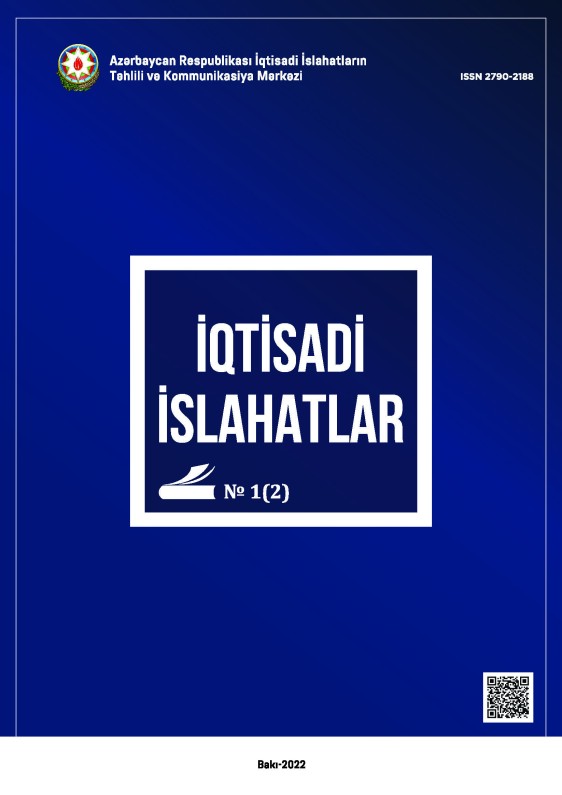Application of blockchain technology in the sphere of acceptance and consideration of citizens appeals
Summary
In this article a comparative analysis on the application of distributed ledger technology when receiving and considering citizens appeals is provided, by identifying the main indicators regulating the business process, the process of adding transactions and blocks to the general chain is studied, the possibilities of using the hash function, the proof-of-importance consensus algorithm and smart contracts are considered, and mechanisms for their application are proposed. The analysis makes it possible to conclude that the systems of distributed registries are a universal model for a scenario covering a wide spectrum of appeals of citizens, providing joint activities of state and independent organizations, public associations protecting the rights of citizens, the State Agency for Public Service and Social Innovations under the President of the Republic of Azerbaijan and other.
